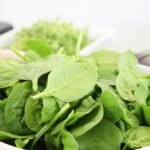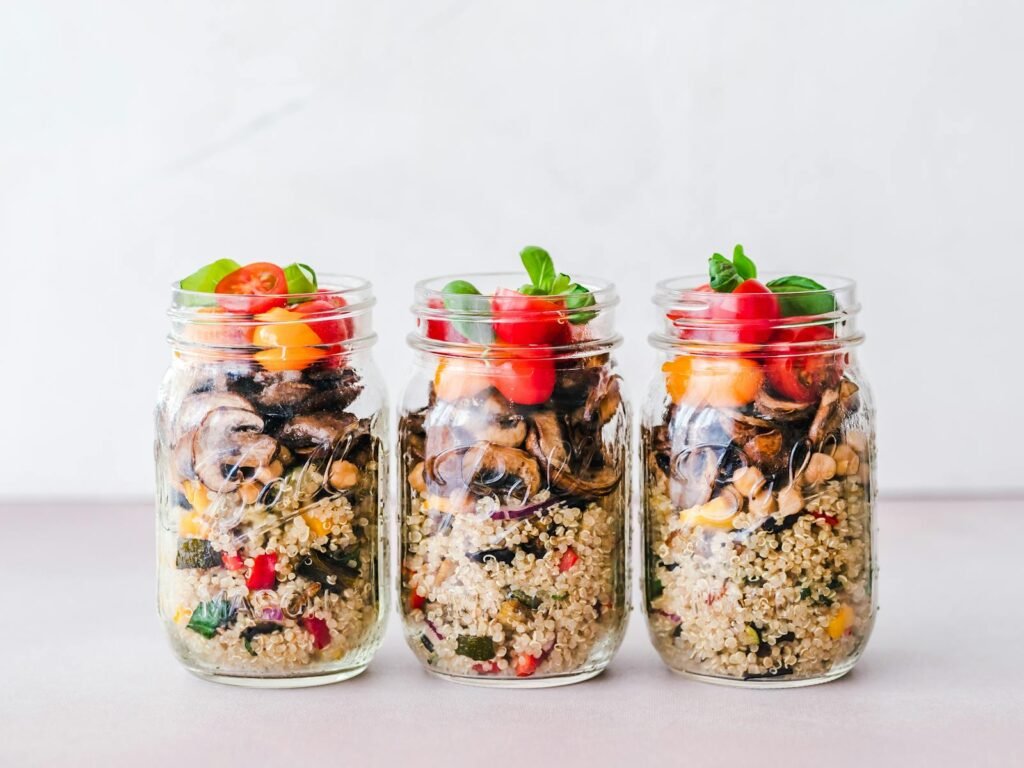Coping with depression can be a challenging and overwhelming experience, especially for those who do not have access to prescription antidepressants. Fortunately, a range of non-prescription approaches exist to help manage symptoms and improve overall well-being.
Alternative therapies, lifestyle changes, and self-care practices can provide relief from depression and promote mental health. There are plenty of options to consider on your journey toward healing, including holistic approaches, herbal supplements, and support groups. We’ve gathered some of the best non-prescription treatments for depression to help you discover the possibilities for a brighter tomorrow.
Lifestyle Changes and Self-Care Practices
Depression can affect your mental and emotional well-being. Many people find relief by focusing on lifestyle changes and self-care practices. These changes are not just about managing your symptoms. They also aim to foster a healthier, more balanced lifestyle that contributes to the overall well-being.
Exercise and Physical Activity
Even a small amount of regular physical activity can significantly improve depression. Exercise triggers the release of endorphins, known as the body’s natural mood lifters. They work in the brain to reduce feelings of pain and induce feelings of pleasure or euphoria. Physical activities like walking, jogging, dancing, or yoga are all excellent ways to stimulate endorphin production, manage stress, and improve energy levels.
Nutrition and Dietary Adjustments
Your diet directly influences how you feel. Eating a balanced and nutritious diet can help your body deal with the physical effects of depression. Certain foods, including lean proteins, fruits, vegetables, and whole grains, are rich in nutrients that help boost mood and energy levels. Avoiding caffeine, alcohol, and processed foods can also prevent mood swings and energy imbalances.
Sleep Improvement Techniques
Depression often goes hand-in-hand with sleep disorders. Therefore, developing good sleep hygiene can be an effective non-prescription treatment for depression. This can involve setting regular sleep and wake times, creating a peaceful sleep environment, and implementing relaxing bedtime routines. Techniques like mindfulness and meditation can also help quiet the mind and make it easier to fall asleep.
Adopting these lifestyle changes and self-care practices can significantly improve your overall well-being. They help foster a healthier lifestyle, which is key to improving mental health and managing depression. Take small steps towards your health goals, celebrate each achievement, and be patient with yourself.
Alternative Therapies for Depression
Many individuals find relief from depression symptoms through alternative therapies like cognitive behavioral therapy (CBT), mindfulness, and acupuncture.
Cognitive Behavioral Therapy (CBT)
CBT is a type of psychotherapy that helps individuals understand and change thought patterns that lead to harmful actions or negative feelings. It can be delivered one-on-one with a therapist or in group sessions. CBT has been proven to be as effective as medication in treating depression, and it’s a recommended non-prescription treatment for major depressive disorder.
Mindfulness and Meditation Practices
Mindfulness is the practice of focusing your attention on the present moment while calmly accepting your feelings, thoughts, and bodily sensations. Combined with meditation, it can help manage stress, improve sleep, and increase self-awareness, all of which can help reduce symptoms of depression. Many free online resources and apps can guide you in learning these practices.
Acupuncture and Traditional Chinese Medicine
Acupuncture, a key component of traditional Chinese medicine, involves inserting thin needles into specific points on the body. It’s suggested this can help balance the body’s energy and potentially relieve depression symptoms. However, more research is required to assert the efficacy of acupuncture as a non-prescription treatment for depression.
Herbal and Nutritional Supplements
Certain herbal and nutritional supplements have shown promise in treating depression. Always consult with a healthcare professional before starting a new supplement regimen.
St. John’s Wort
St. John’s Wort is an herbal supplement widely used for depression treatment. While some studies have found it effective, it can interact with other medications.
Omega-3 Fatty Acids
Omega-3 fatty acids, found in fish oils, may help reduce symptoms of depression. They are considered safe but should be used alongside traditional treatment methods.
Saffron Extract
Studies have suggested that saffron, a spice derived from a certain species of crocus, can be effective for mild to moderate depression. However, due to its high cost, it’s not commonly used.
Support Groups and Peer Counseling
Community-based support networks or online forums can offer the comfort of shared experiences and the benefit of collective wisdom. These platforms provide a safe space where individuals can share, learn, and support each other on their journey towards healing from depression.
Considerations and Precautions
Not all non-prescription options are created equal. Some might offer relief, but their effects and potential downsides can differ widely. It’s always best to talk to a healthcare professional before starting any new treatment plan for depression. This article is provided for general informational purposes only.
Bottom Line
A wealth of non-prescription strategies exist for managing depression, ranging from lifestyle changes and herbal supplements to alternative therapies. The journey towards healing is highly personal and differs for everyone. Prioritize self-care, seek appropriate support, remain patient with yourself during the process, and always remember that you are not alone. Help is readily available when you need it.





